Results
-
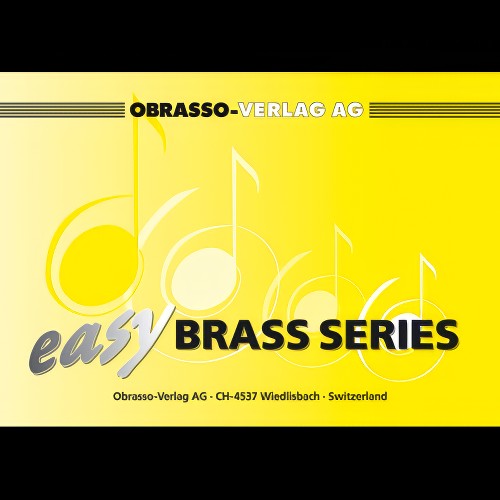 £54.20
£54.20Down Bourbon Street (Brass Band - Score and Parts) - Fernie, Alan
Jazz Medley (New Orleans Style)Slightly reduced Brass Band instrumentation (no rep cornet, no 2nd horn, no 2nd trombone part)
Estimated dispatch 7-14 working days
-
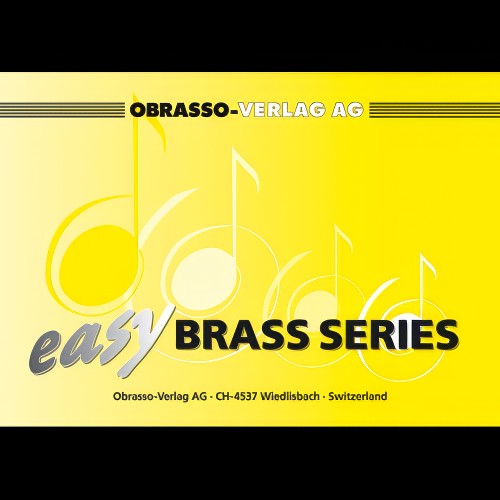 £54.20
£54.20Downtown (Brass Band - Score and Parts) - Hatch, Tony - Stephens, Denzil
Slightly reduced Brass Band instrumentation (no rep cornet, no 2nd horn, no 2nd trombone part)
Estimated dispatch 7-14 working days
-
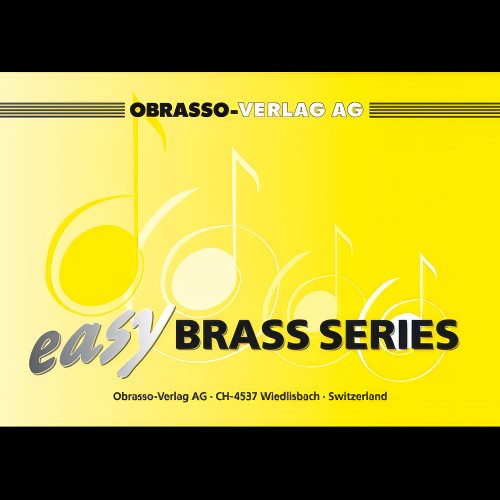 £47.60
£47.60Fanfare from Sinfonietta (Brass Band - Score and Parts) - Janacek, Leos - Hume, Rob J.
Slightly reduced Brass Band instrumentation (no rep cornet, no 2nd horn, no 2nd trombone part)
Estimated dispatch 7-14 working days
-
 £37.95
£37.95FLOWER DUET from 'Lakme' (Delibes/Sparke) (Cornet Duet/Brass Band) - Delibes, Leo - Sparke, Philip
Duet for 2 B flat Cornets (or E flat Soprano and B flat Cornets) & Brass Band
Estimated dispatch 7-14 working days
-
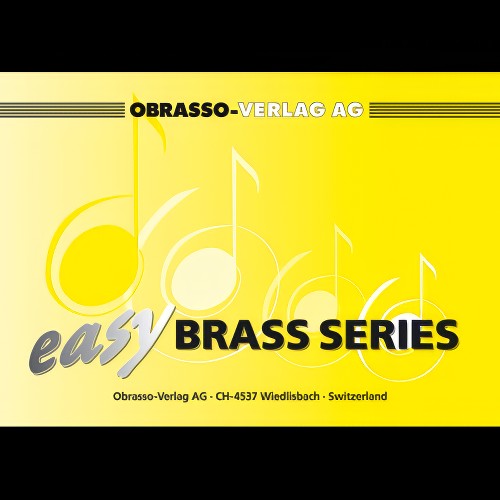 £54.20
£54.20Four Christmas Carols (Brass Band - Score and Parts) - Woodfield, Ray
Slightly reduced Brass Band instrumentation (no rep cornet, no 2nd horn, no 2nd trombone part)Includes: Silent Night; Hark, The Herald Angels Sing; O Come, All Ye Faithful; Christians, Awake!
Estimated dispatch 7-14 working days
-
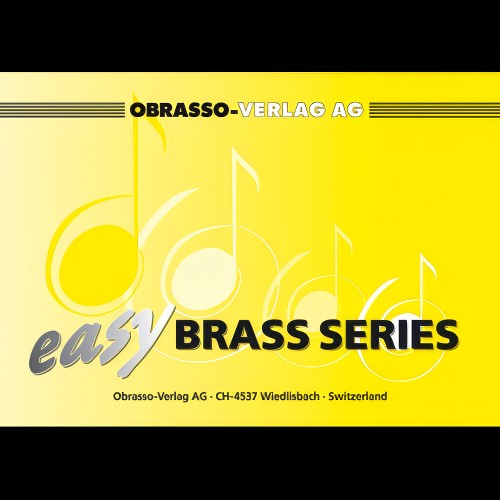 £47.60
£47.60Friday Funk (Brass Band - Score and Parts) - Fernie, Alan
Slightly reduced Brass Band instrumentation (no rep cornet, no 2nd horn, no 2nd trombone part)
Estimated dispatch 7-14 working days
-
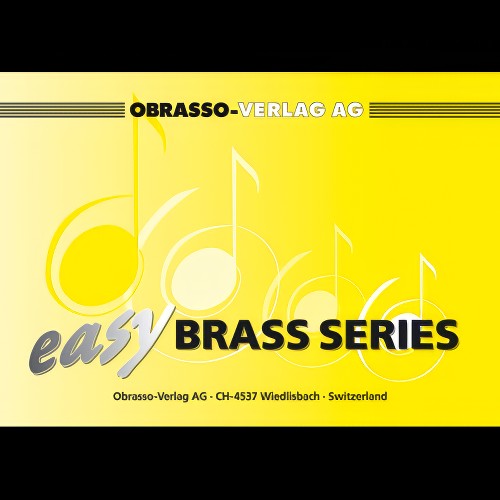 £50.90
£50.90George of the Jungle (Brass Band - Score and Parts) - Allman & Worth - Fernie, Alan
Slightly reduced Brass Band instrumentation (no rep cornet, no 2nd horn, no 2nd trombone part)
Estimated dispatch 7-14 working days
-
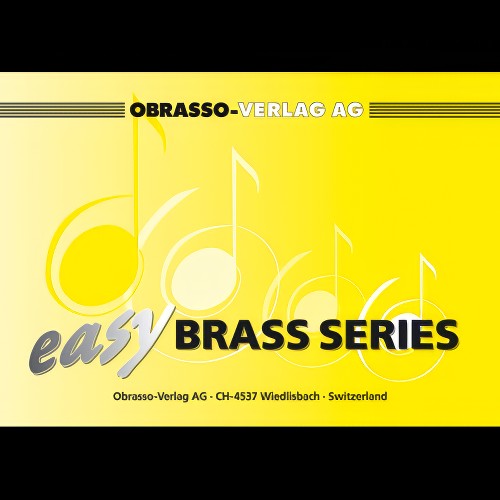 £54.20
£54.20Gospels Go Rock (Brass Band - Score and Parts) - Woodfield, Ray
Slightly reduced Brass Band instrumentation (no rep cornet, no 2nd horn, no 2nd trombone part)Medley including:Joshua Fought the Battle of JerichoSinner, You KnowNobody Knows, the Trouble I've SeenSwing Low, Sweet ChariotCotton Need a-Pickin'Kumbayah
Estimated dispatch 7-14 working days
-
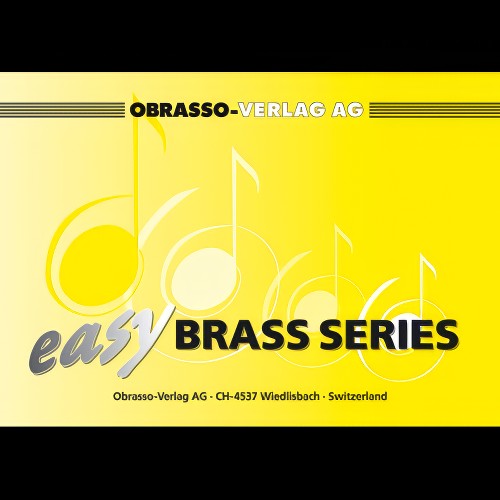 £54.20
£54.20Grease Selection (Brass Band - Score and Parts) - Casey & Jacobs - Mabon, Cameron
Slightly reduced Brass Band instrumentation (no rep cornet, no 2nd horn, no 2nd trombone part)Includes:Greased LightningSummer NightsBeauty School Drop-outWe Go Together
Estimated dispatch 7-14 working days
-
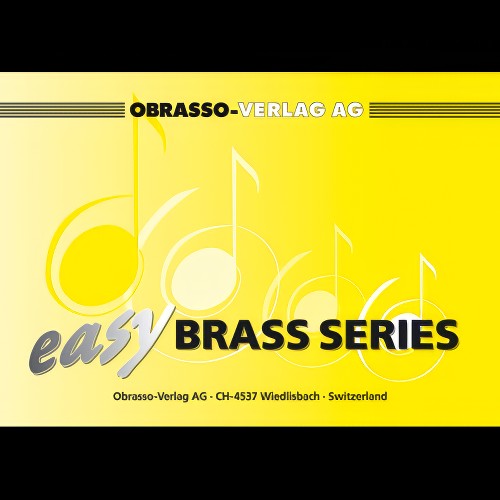 £50.90
£50.90Harlem Rag March (Brass Band - Score and Parts) - Turpin, Tom - Fernie, Alan
Slightly reduced Brass Band instrumentation (no rep cornet, no 2nd horn, no 2nd trombone part)
Estimated dispatch 7-14 working days
